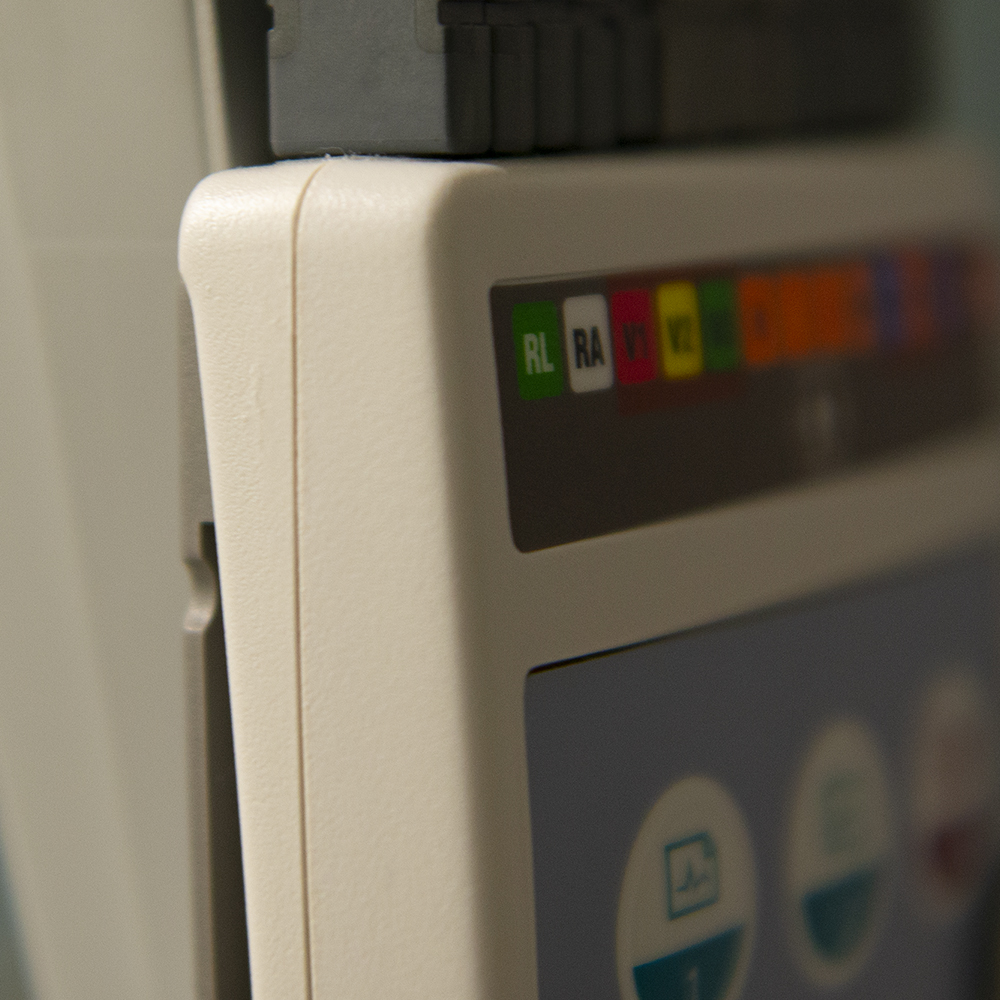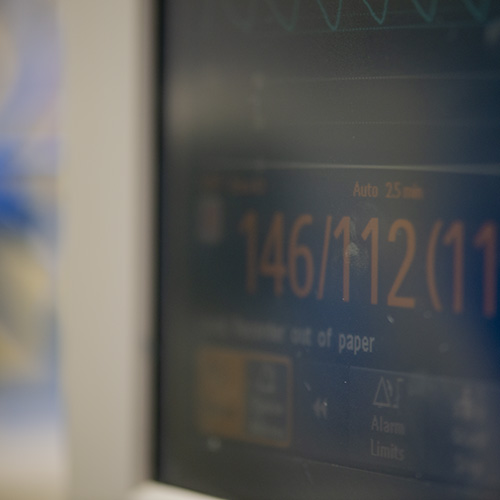Tachycardia is a medical condition characterized by an abnormally fast heart rate, typically above 100 beats per minute (BPM) in adults. It occurs when the heart beats faster than normal due to various factors, including stress, fever, dehydration, anemia, heart disease, or an overactive thyroid.
Tachycardia can originate from different parts of the heart, leading to various types, such as supraventricular tachycardia (SVT), atrial fibrillation, and ventricular tachycardia.
Symptoms of tachycardia may include palpitations, dizziness, shortness of breath, chest pain, fainting, and fatigue. In some cases, a rapid heart rate can strain the heart, reducing its ability to pump blood efficiently, leading to complications like stroke, heart failure, or cardiac arrest.
Treatment depends on the underlying cause and severity of the condition. Mild cases may resolve with hydration, stress management, or electrolyte balance, while serious cases may require medications (such as beta-blockers), cardioversion (electric shock therapy), catheter ablation, or pacemaker implantation.
If tachycardia is persistent or accompanied by severe symptoms, medical attention is necessary to prevent complications. Lifestyle changes, such as regular exercise, avoiding excessive caffeine and alcohol, and managing stress, can help maintain a normal heart rate and overall heart health.









